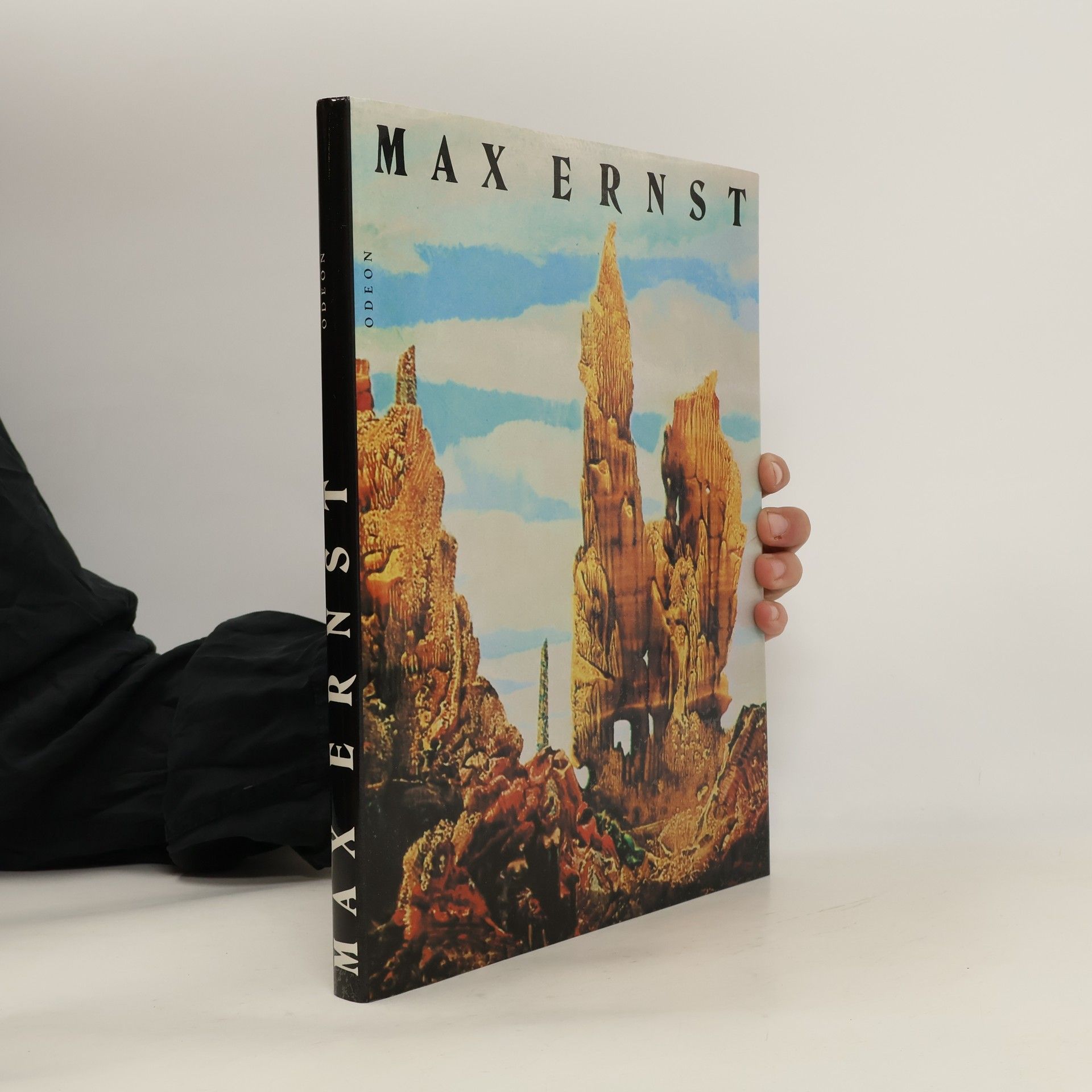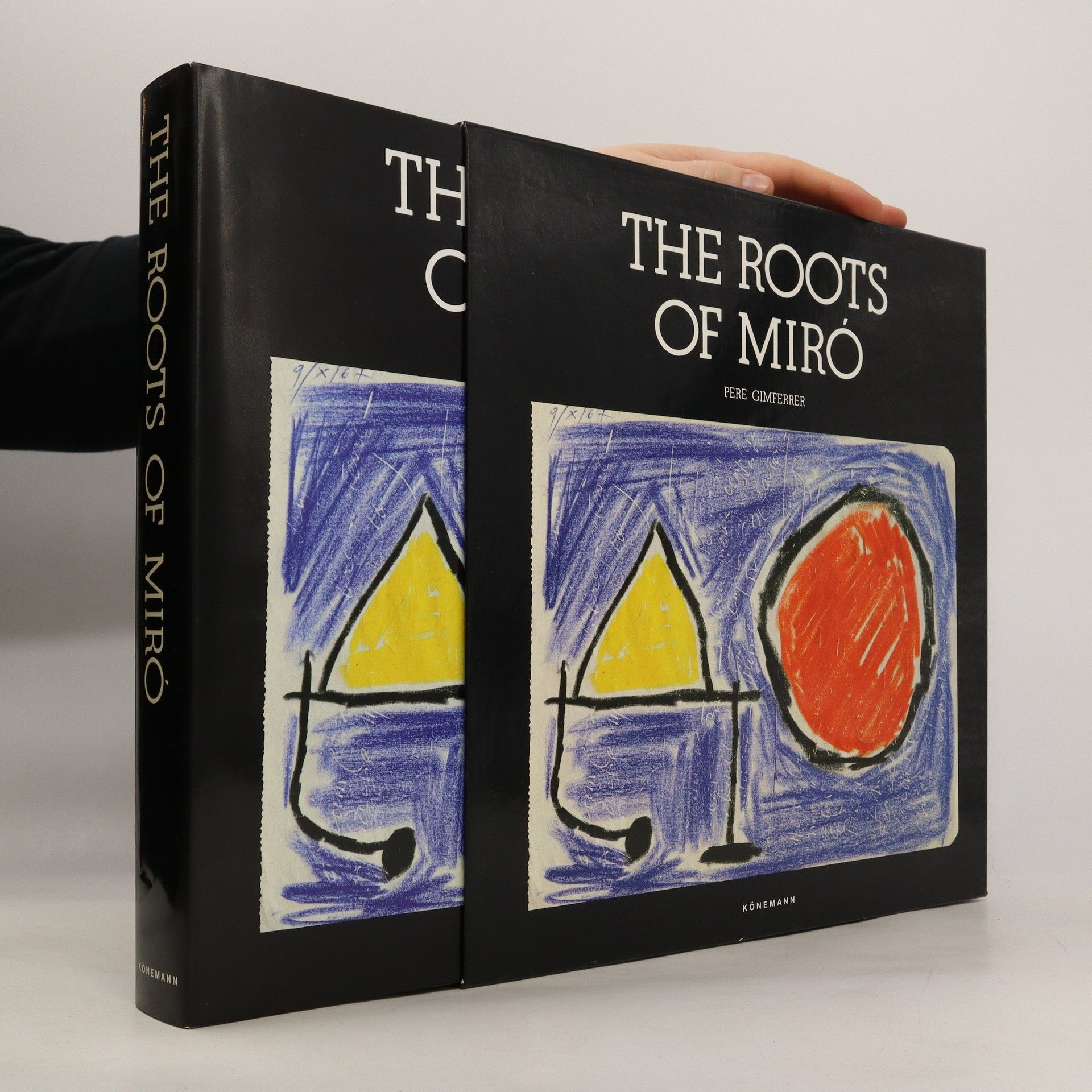The roots of Miró
- 436pages
- 16 heures de lecture







A bilingual edition of poems by the award-winning Spanish poet. Pere Gimferrer has been writing poetry for more than fifty years in several languages, restoring and expanding upon avant-garde tendencies in poetry that had been abandoned in Spain after the Spanish Civil War. Of his second book, The Sea Aflame, Octavio Paz wrote: “Our language will be, already is, larger by one poet.” In 1970, with Mirrors, Gimferrer turned to Catalan, his mother tongue. Since then, he has won major Catalan and Spanish prizes for his work, which, along with poetry, includes writings on film and art history, translations, and novels. This bilingual volume, the first to draw on all phases of Gimferrer’s career as a poet—from Message from the Tetrarch, published when he was eighteen, to selections from his recent verses in Italian—is an ideal introduction to a writer who, in the words of Roberto Bolaño, “is a great poet and also knows everything.”
Shows a variety of Magritte's paintings and discusses his use of surrealism and dream imagery.
Úvodní text Pera Gimferrera a studii Evy Petrové, věnovanou inspiračním zdrojům a životnímu osudu Maxe Ernsta, provází 184 vesměs barevných reprodukcí. Části – Pere Gimferrer: Max Ernst neboli rozplývání identity Eva Petrová: Stohlavá identita Maxe Ernsta
Novela coral y crónica literaria de toda una época, Las máscaras del héroe es un retrato de la bohemia madrileña de principios del siglo XX. Sus protagonistas son los fracasados de la literatura, aquellos que empeñaron su vida por su vocación hasta llegar a morir vacíos de tinta o de sangre. Sobre el aguafuerte de la Historia, Juan Manuel de Prada entreteje las existencias atormentadas y sonámbulas de sus mil y un personajes, entre los que destacan Fernando Navales, nihilista y canalla, y su "álter ego", Pedro Luis de Gálvez, aquel bohemio que prefirió enmascarar su heroísmo con los disfraces del desgarro y la truhanería, antes de habitar el cielo de las mitologías. Galardonada con el Premio Ojo Crítico de Narrativa de RNE, ésta es una obra sin concesiones, negrísima y magistral, que mezcla la precisión del dato con metáforas deslumbrantes y que consagró, tal como afirma Pere Gimferrer en el prólogo, a un "poderoso estilista" con "un genuino talento de narrador".Una novela inabarcable como la vida que nos reconcilia con el placer de la lectura.
L'educació sentimental recorre la inquieta vida amorosa i social del seu protagonista durant una trentena d'anys. El jove Frédéric Moreau s'estableix a París el 1840 per estudiar Dret, fet que vol aprofitar per seduir la dona de qui està enamorat, Marie Arnoux, casada amb un ric marxant d'art. Davant les seves dificultats per aconseguir-ho, té relacions amb diverses dones, però manté la seva atracció per Marie. Mentre ell alhora tracta d'accedir a l'alta burgesia parisenca, debat de forma animada amb els seus amics i coneguts sobre la presa de consciència política durant la crisi que eclosiona amb la revolució de 1848.En la seva obra de maduresa, el gran novel·lista Gustave Flaubert hi aboca experiències autobiogràfiques com la seva passió per una dona casada més gran que ell, i la seva vida a la capital francesa. Història irònica i pessimista a la vegada, el genial autor hi mostra una visió crítica dels arquetips socials retratats, amb què configura una vasta i incisiva panoràmica de la seva època.
Cuando era pequeño, su padre recorría los mares del mundo durante largos meses. Un día apareció en la puerta de la casa de Bilbao. El niño no lo conocía. «¿Quién es ese hombre?», preguntó. A mitad de camino entre la memoria y la fantasía, este libro surge a la muerte de Leonardo Marías, cuando su hijo Fernando se deja llevar por la escritura como alternativa al duelo y se adentra sin miedo en cada rincón de sí mismo y de su relación con el inalcanzable personaje que es el padre marino a los ojos del niño, del adolescente, del joven que fue y del hombre que es hoy. Padre e hijo embarcan rumbo al paisaje de la infancia y sus carencias, a la temprana fascinación por la literatura y el cine; un itinerario poblado por piratas y maleantes, por miedos y leyendas, por la presencia de un héroe misterioso que se convierte en referencia vital. En la libertad con que va desgranando ese viaje, Fernando Marías encuentra el punto de equilibrio entre la nostalgia y la realización, entre el miedo y la certidumbre. Un homenaje a la literatura y el cine en el que despliega numerosas formas de narrar.